@SYNTIA_CAM Research & Workshop
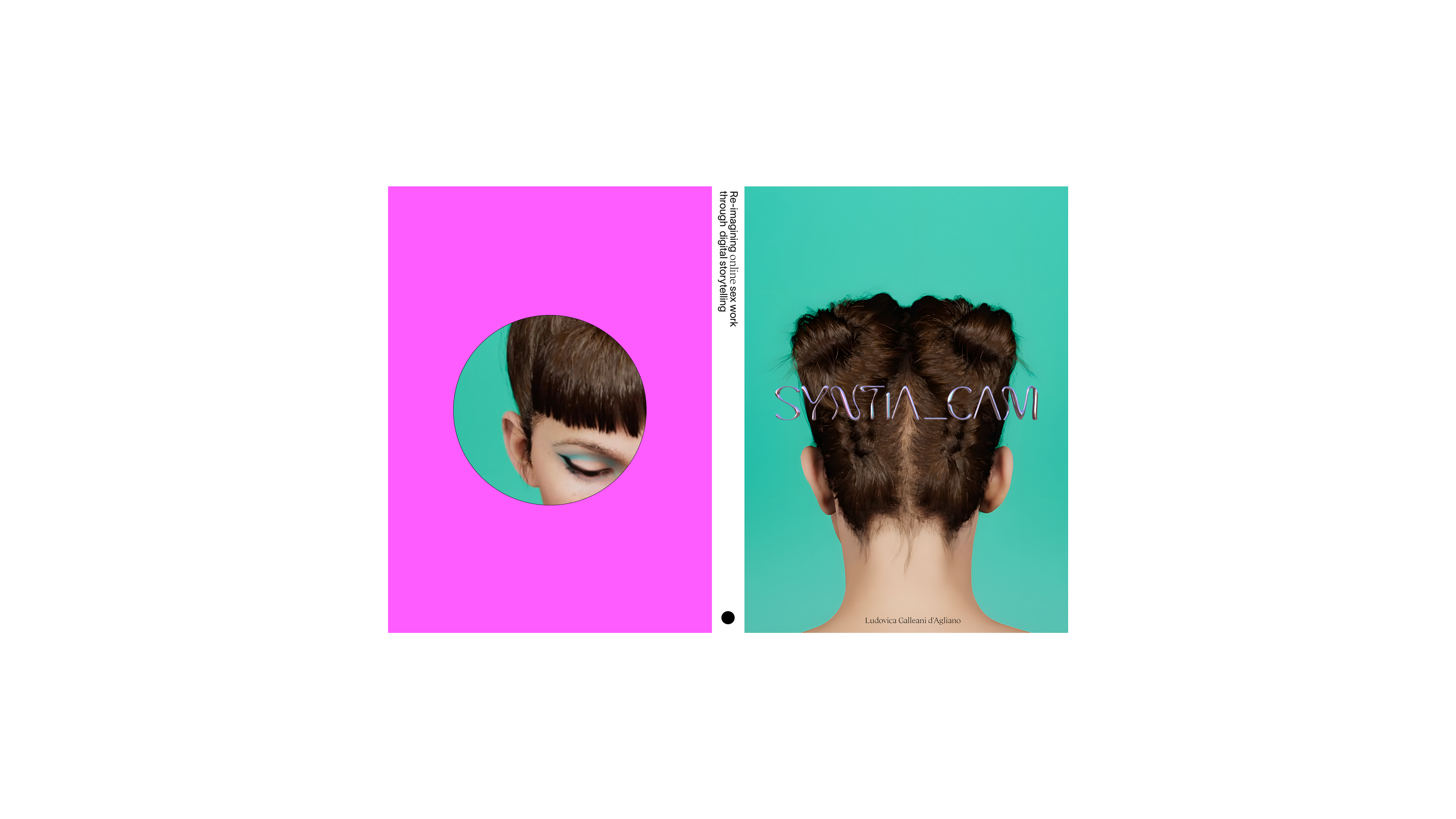
@SYNTIA_CAM Project
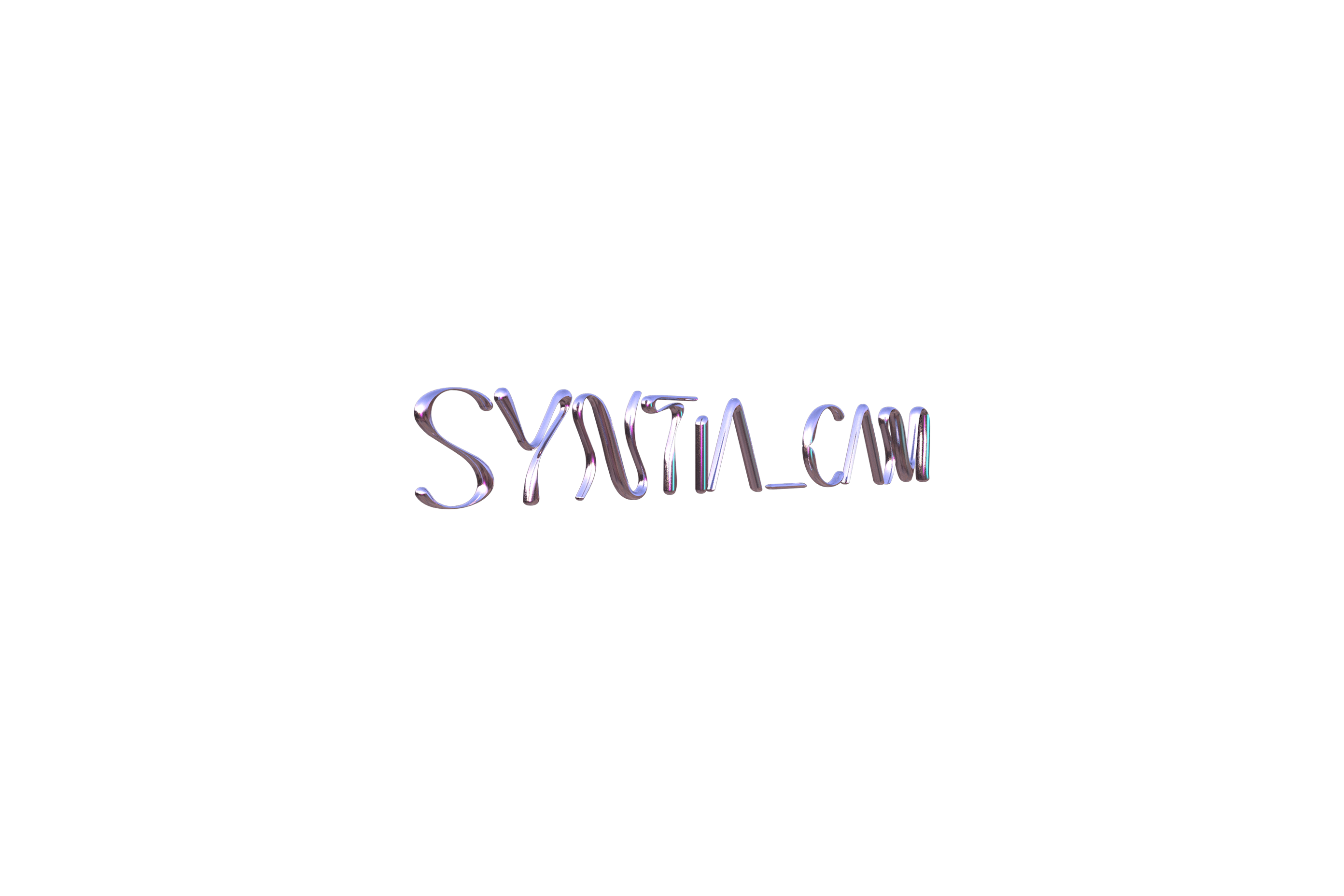
(S_C) AR Performance
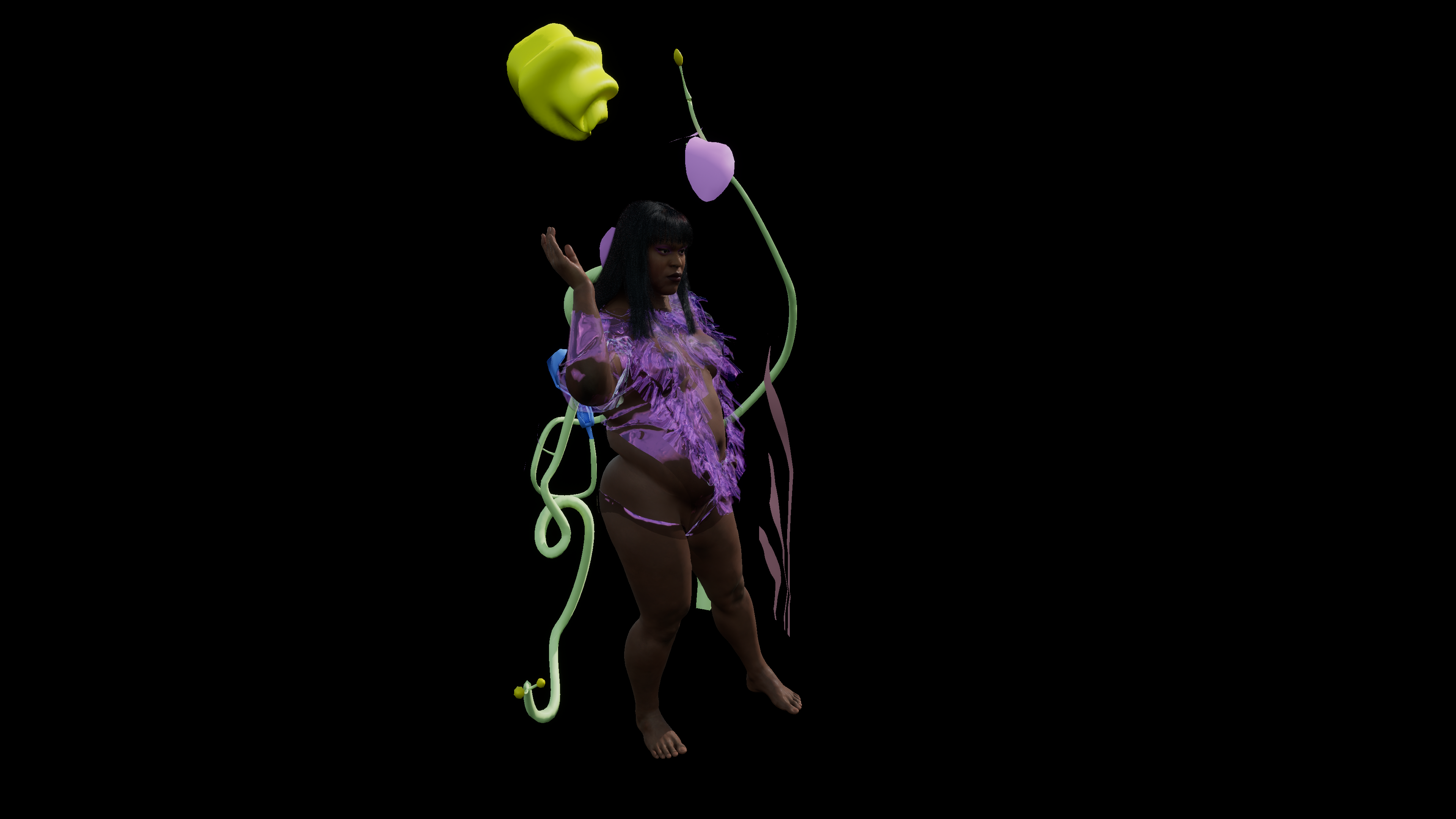
SEP _Speculative Design

VIDEOEX Festival

NEW INTIMACITY _Trend Map
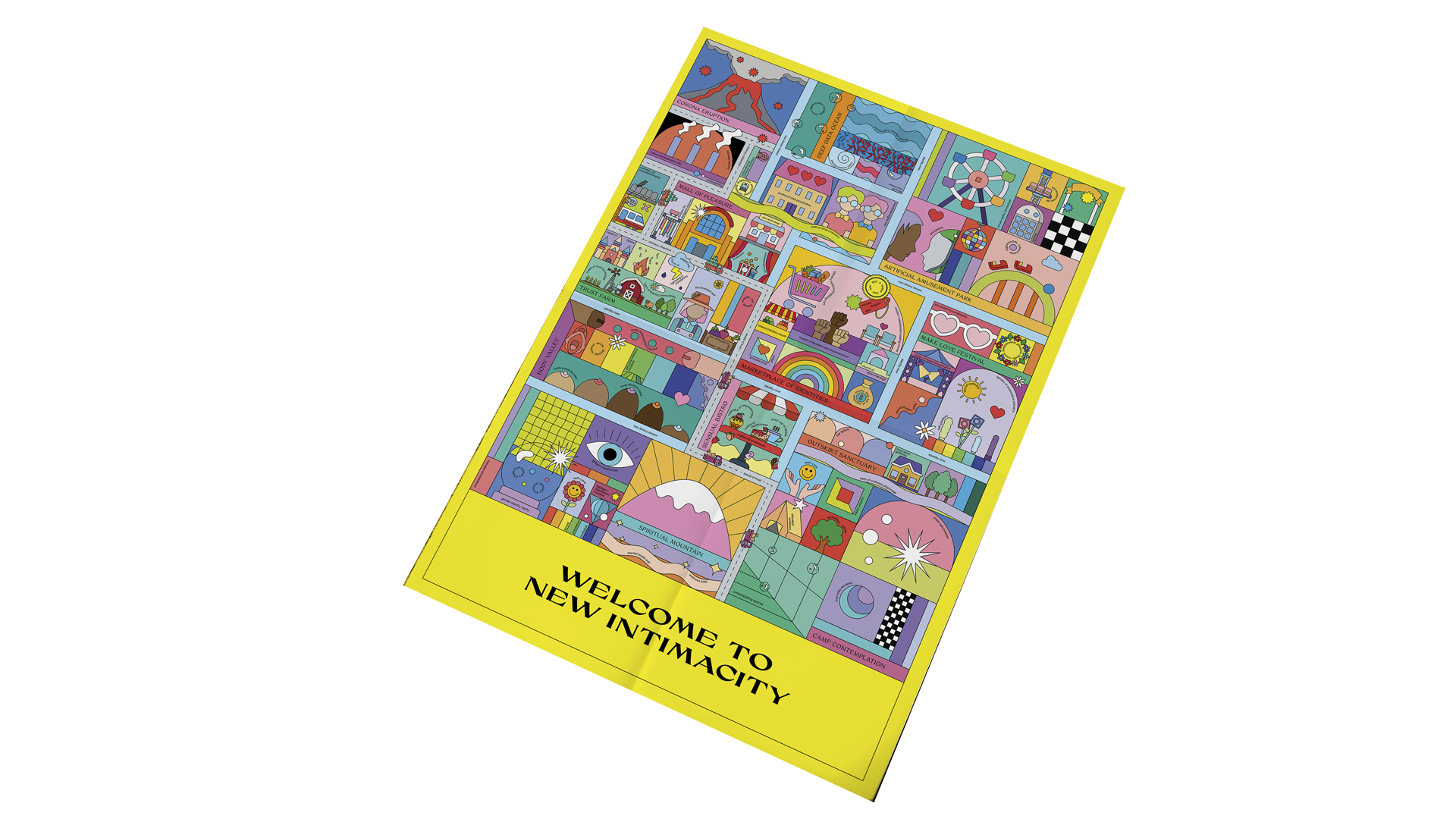
THE WAITING ROOM _Exhibition

FRAMELAND _Editorial

SUSTAINABILITY WEEK ZURICH
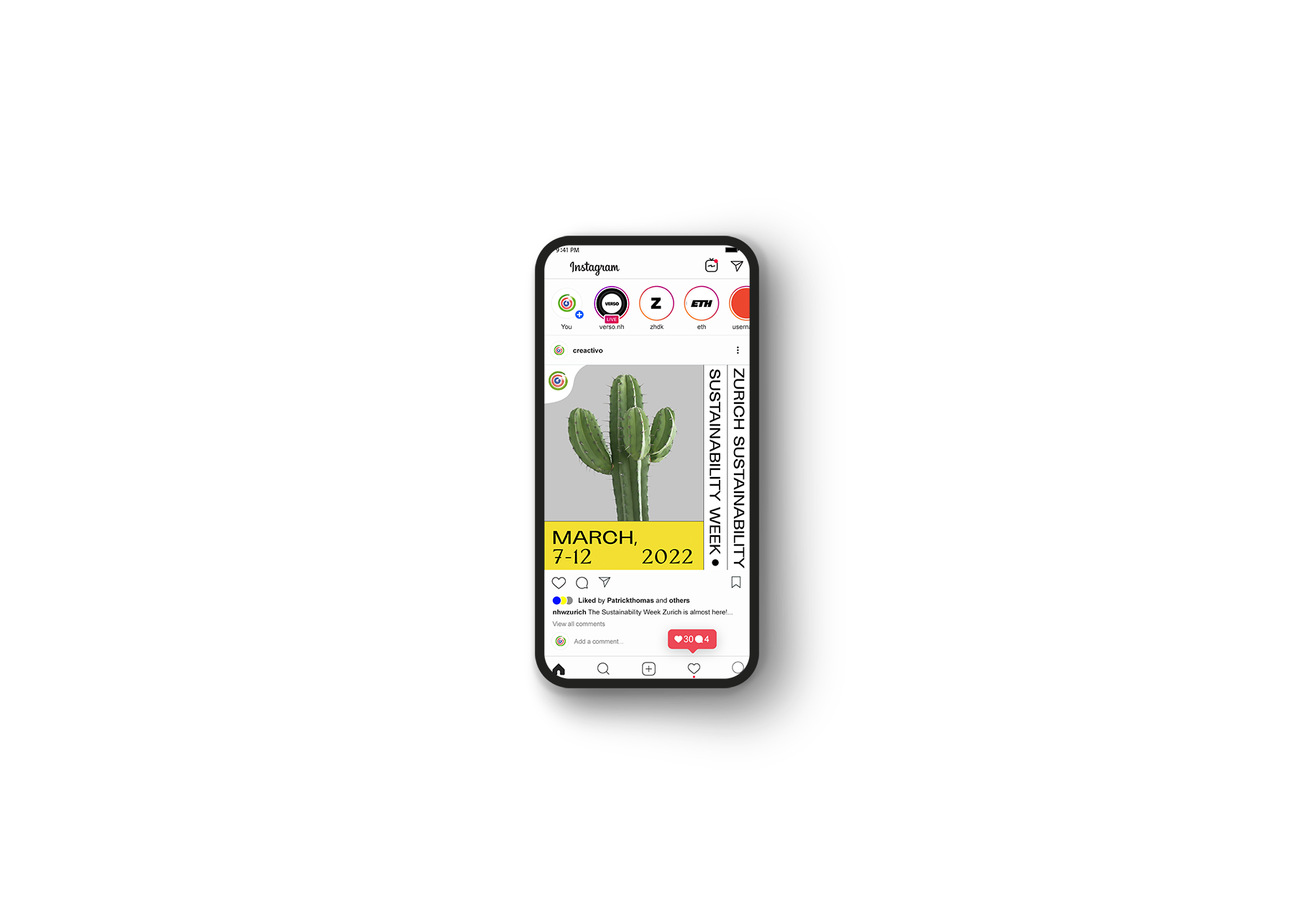
©2024 Ludovica Galleani d’Agliano